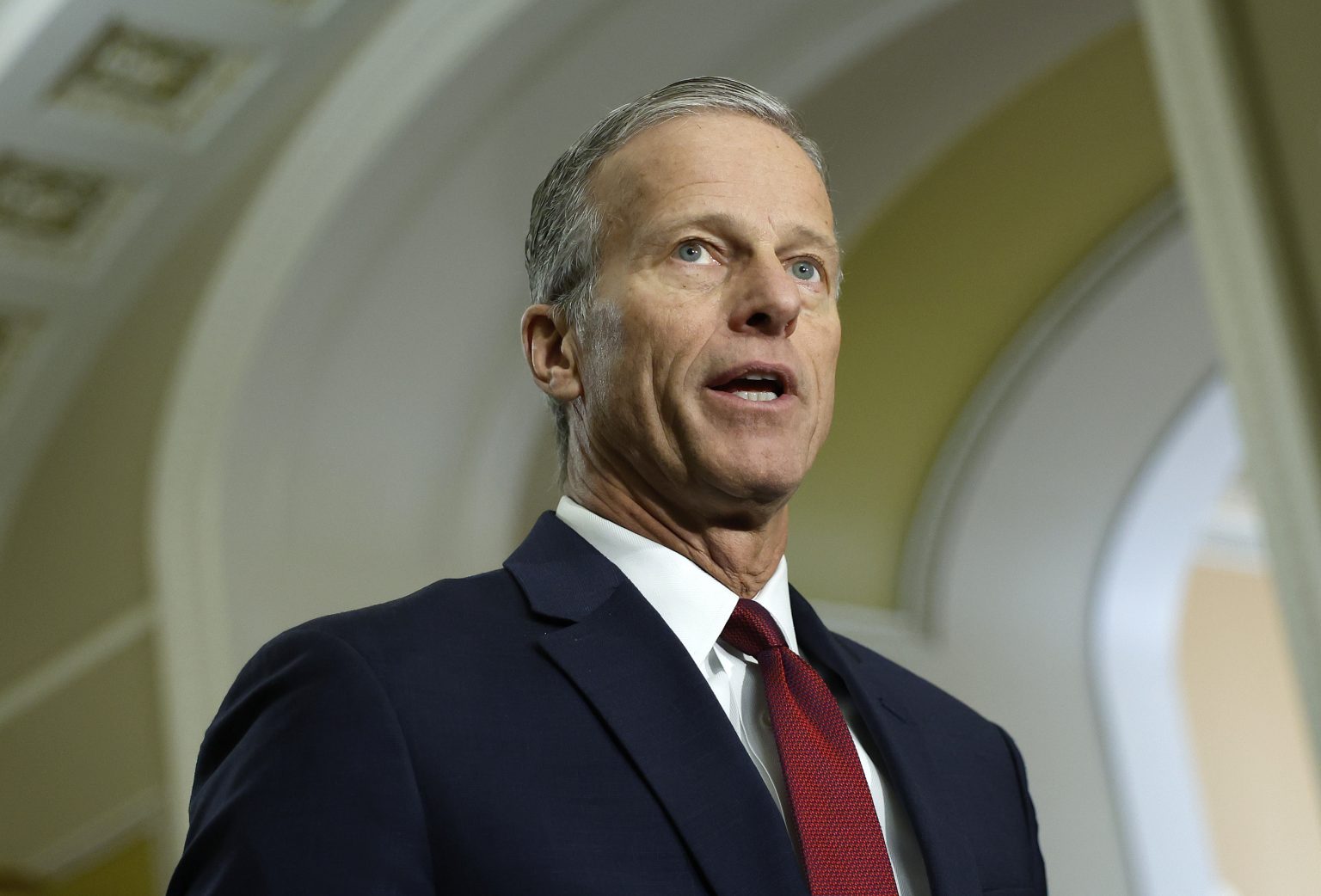The opening of the new two-year Senate session was marked by a significant declaration from the newly elected Senate Majority Leader, John Thune, a Republican from South Dakota. He affirmed his commitment to preserving the filibuster, a procedural tactic that allows a minority of senators to block legislation by requiring a 60-vote supermajority for passage. This commitment sets the stage for potential conflict with former President Donald Trump, who has publicly advocated for the filibuster’s elimination and is expected to push for swift legislative action upon his return to the presidency. Thune’s stance underscores the ongoing debate over the filibuster’s role in the Senate, with proponents arguing it protects minority rights and fosters deliberation, while critics contend it obstructs progress and undermines majority rule. The preservation of the filibuster will undoubtedly shape the dynamics of the upcoming legislative session.
The filibuster has been a recurring point of contention in recent years, particularly during periods of divided government. During Trump’s first term, despite Republican control of both the executive and legislative branches, Senate Republicans resisted his calls to abolish the filibuster, prioritizing its preservation over the swift advancement of his agenda. Similarly, at the start of President Biden’s term, Democratic calls for eliminating the filibuster were thwarted by moderate members of their own caucus who valued the Senate’s tradition of deliberation and the protection of minority viewpoints. Thune’s reaffirmation of his support for the filibuster suggests a continuation of this trend, signaling potential challenges for Trump in enacting his legislative priorities.
Thune’s commitment to the filibuster reflects a broader philosophical divide regarding the Senate’s intended function. In his first floor speech as majority leader, Thune emphasized his intention to “ensure the Senate stays the Senate,” suggesting a desire to maintain the chamber’s distinct character as a forum for debate and compromise. He argued that the filibuster plays a crucial role in this process, safeguarding the Founders’ vision of a more deliberative legislative body. This perspective contrasts with the view held by many who see the filibuster as an outdated and obstructive practice that impedes the ability of the Senate to effectively address pressing issues.
The swearing-in ceremony, presided over by Vice President Kamala Harris, marked the official start of the new Senate session. Nine newly elected senators, comprising four Democrats and five Republicans, took the oath of office, joining two other Democratic senators who had been previously sworn in to fill vacancies. The composition of the Senate, while under Republican control, reflects the ongoing political divisions within the country. The return of Donald Trump to the presidency, coupled with a Republican-controlled Congress, sets the stage for a potentially tumultuous period in American politics, with the filibuster serving as a key battleground in the struggle between the executive and legislative branches.
The transition of power in the Senate also saw the election of John Thune as the new majority leader, succeeding long-time Republican leader Mitch McConnell. While McConnell remains a senator, Thune’s ascension to leadership marks a shift in the Republican caucus. Outgoing Majority Leader Chuck Schumer, now the leader of the Senate Democrats, offered advice to Thune, urging him to adopt a bipartisan approach in the new session. This call for cooperation, however, faces significant challenges given the highly polarized political climate and the anticipated return of Donald Trump to the presidency. Trump’s past criticisms of McConnell for not eliminating the filibuster further complicate the dynamics within the Republican party and suggest potential friction between the former president and the current Senate leadership.
Looking ahead, the political landscape promises to be complex and potentially contentious. With Republicans controlling both the White House and Congress following Trump’s inauguration, the party will be under pressure to deliver on his legislative agenda. However, Thune’s commitment to preserving the filibuster suggests that the path forward may not be as smooth as Trump might desire. While Republicans may explore alternative legislative strategies, such as budget reconciliation, to bypass the filibuster for certain measures, the overall dynamic suggests a potential replay of Trump’s first term, marked by intra-party tensions and legislative gridlock. The upcoming session will undoubtedly test the ability of the Senate to function effectively in a highly polarized environment and will shape the course of American politics in the coming years.

